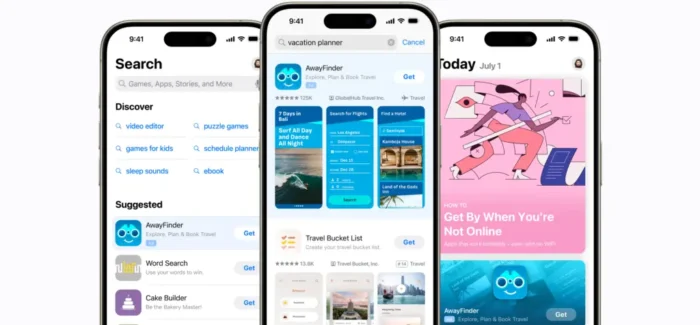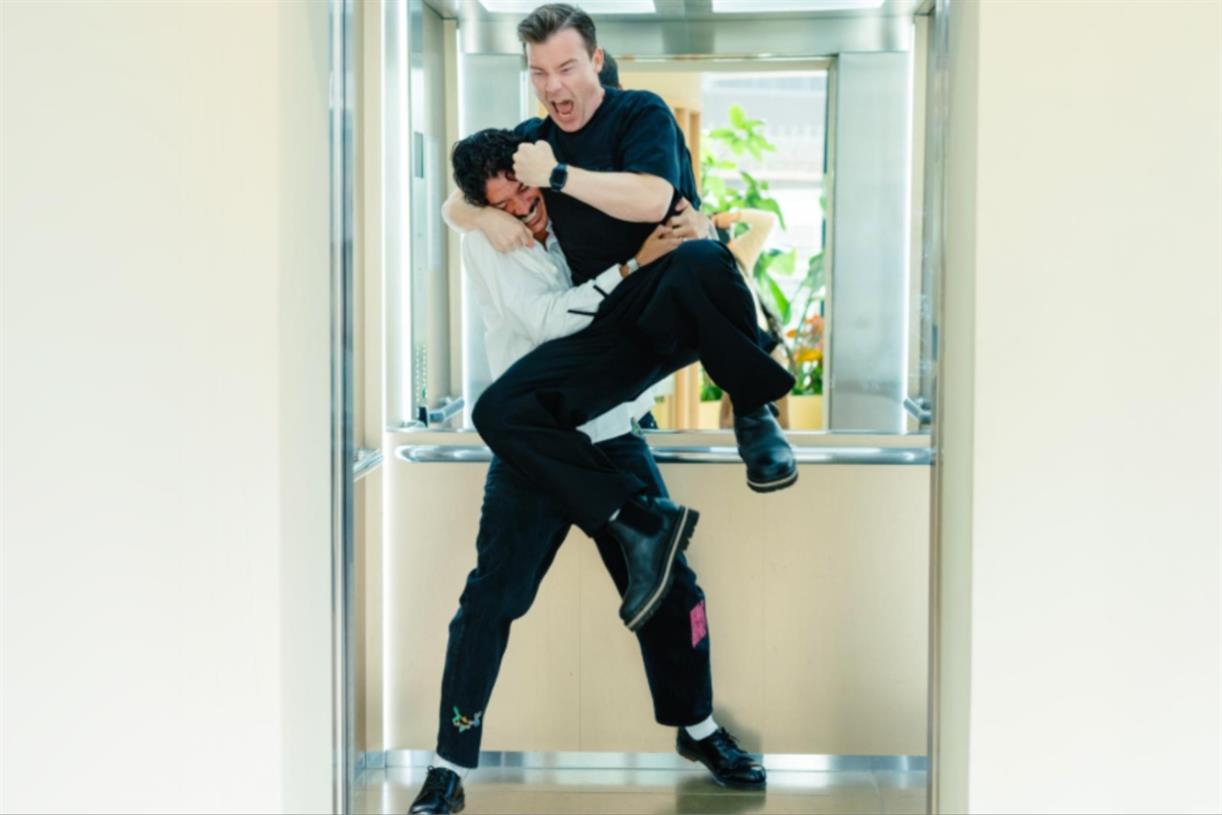Breaking through the silver screen
There is synergy between Cannes Film Festival and Cannes Lions Festival.
_1.jpg)
With the Cannes Film Festival set to return with a bang on 17 May, the Croisette will once again be brimming with the world's most creative talent ahead of adland's turn in sun. The synergies between the two festivals are fascinating. So are there any lessons we can take from the way studio giants typically market their product and IP through world-building strategies?
Cannes Film Festival is synonymous with red carpet star power, but in cinema, they say the age of the "movie star" is coming to an end. It's now rare that one face on a poster can drive people to cinemas alone, but perhaps that depends on how you use them...

For 2016's Deadpool, star Ryan Reynolds was front and centre on intentionally deceptive billboards, marketing the R-rated superhero movie as a rom-com for Valentine's Day. Unsuspecting partners were lured into the violent, action-comedy expecting a romantic lighthearted romp. An example of taking some of movie marketing's traditional core ingredients, but using that familiarity to playfully subvert expectations.
Looking back at one of the first examples of viral marketing campaigns, The Blair Witch Project (1999), blurred the lines of reality and fantasy by creating a paper trail and false news reports to convince audiences the found footage film was authentic, even implying that the cast had died, asking them to not appear in public until after the film's release.
Despite the success of this and other unconventional approaches over the years, classic strategies tend to be favoured, certainly for bigger studio films whose MO tends to be "go big".
Conversely, independent film distribution company A24 has become a brand in their own right. World-building around their IP through podcasts, regional screenings, merch and auctions, they have become synonymous with quality indie filmmaking, getting fans closer to their films and generating hype when their marketing budgets cannot match the traditional larger studio offerings. Their latest offering, Everything Everywhere All At Once, has become a word-of-mouth phenomenon, going head-to-head with studio giants Dr Strange 2 and Fantastic Beasts.
Studios tend to implement a long-game approach of dropping teaser content a year or more before release. This allows audiences to buy into, and feel part of, a larger story. This drives anticipation and engagement for prolonged periods compared to other categories. This allows for real-time analytics to guide marketers to shape future output and in some cases, even change the final output as with the dramatic redesign of 2020's Sonic the Hedgehog. Getting buy-in and excitement for an extended period can get audiences more emotionally connected for the eventual drop.
Movie teasers and trailers are not just random montages of what's to come, they are wonderful world and narrative building opportunities in their own right. In Marvel Studio's case, they are used to seed everything from Easter eggs, to throwing fans off the scent of final storylines and plot points by including scenes shot purely for trailers, never to appear in the final product.
There are of course big studio films that do go the extra mile, combining the traditional studio spending power, long game approach and interactive immersion. The Dark Knight, only the fourth film ever to gross a billion dollars, created a Cannes Lion Grand Prix-winning interactive, world-building campaign through a 15-month online campaign, running an election campaign for the character Harvey Dent. A multi-faceted approach that resulted in over 11 million unique interactions across 70 countries.
And finally, there are examples of brands adopting film marketing tropes: for the 2022 Super Bowl, Squarespace's employed director Edgar Wright to direct a Zendaya-fronted movie trailer, complete with bespoke film posters for a film that didn't exist.
There is more and more appetite for audiences to step into the worlds of films, IP and brands that they love. Going big on OOH and traditional marketing techniques may get you lots of eyeballs and awareness, but putting that same audience into the heart of something they can feel a part of generates loyalty and legacy beyond the silver screen.
Alex Wilson is executive creative director at Amplify

 Tfoso
Tfoso 








_1.jpg)




















